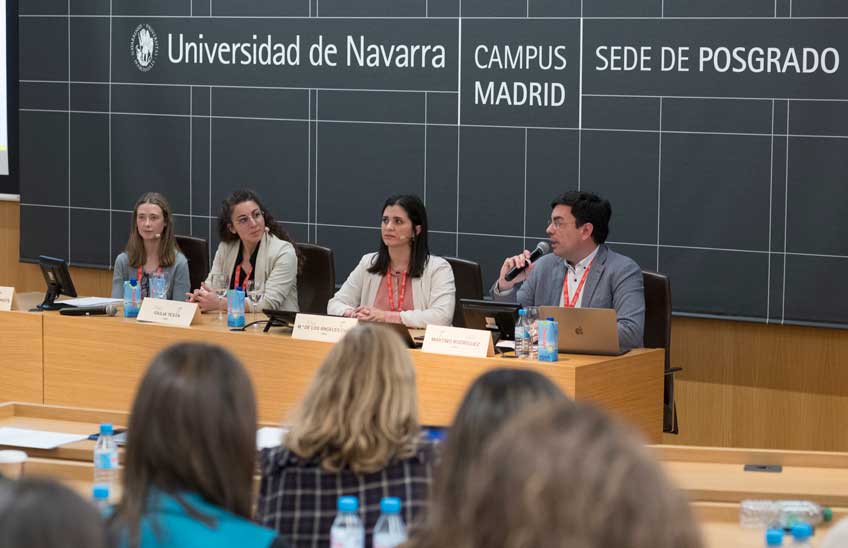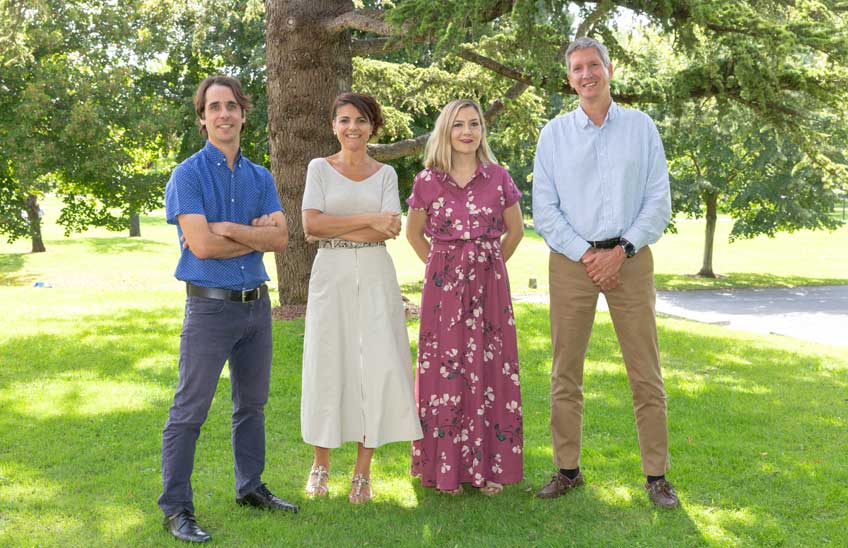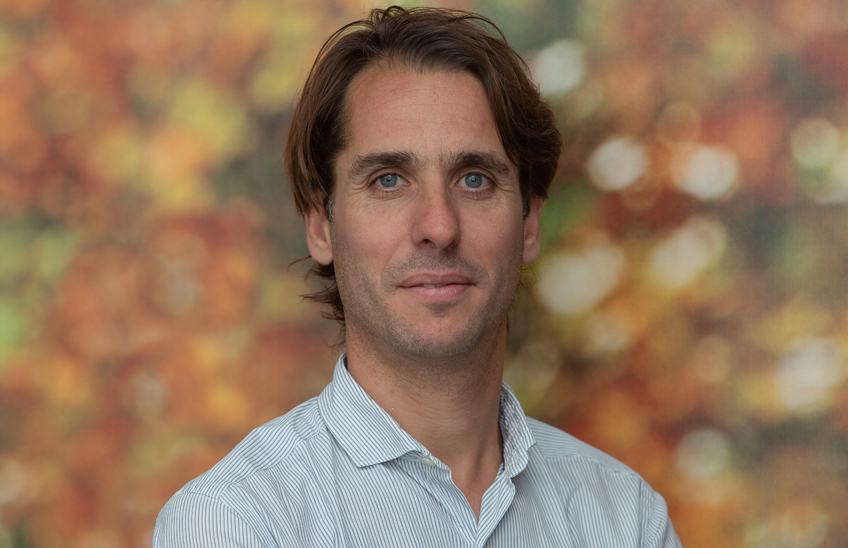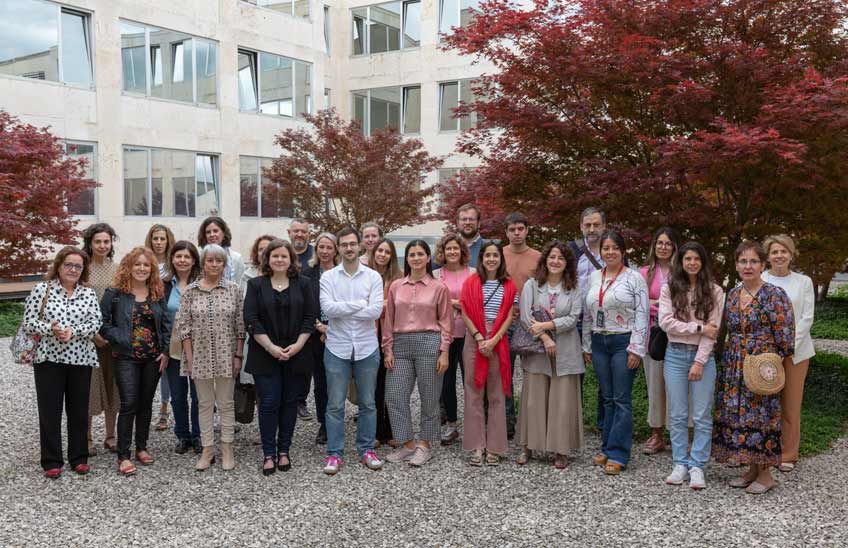"Psychotherapy improves when it includes spirituality, because spirituality offers a holistic view of people."
Suzanne Hollman, from Divine Mercy University (DMU), gave a seminar on the framework of the challenge ICS and said that "helping people access their spirituality in a positive way can lead to greater well-being".
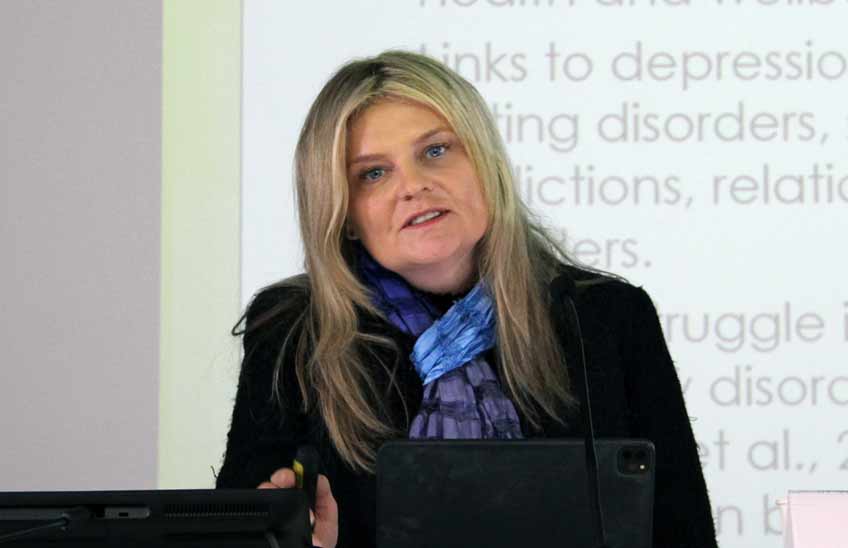
FotoNatalia Rouzaut<br>/Hollman impartió el seminario ‘Espiritualidad, jóvenes y bienestar’ en el marco del Reto ICS 22-23 del Instituto Cultura y Sociedad.
13 | 03 | 2023
"Psychotherapy improves when it includes spirituality, because it offers a holistic vision of human beings. financial aid to understand them and to treat them in a non-reductionist way". This was stated at the University of Navarra by Suzanne Hollman, DMU researcher and professor at George Washington University.
Hollman gave the seminar 'Spirituality, Youth and Well-Being' at the framework of the challenge ICS 22-23 of Institute for Culture and Society (ICS). This initiative focuses on psychological well-being in adolescence and youth and is aligned with the University of Navarra's Strategy 2025.
According to agreement , the most recent research suggests that helping people "to access their spirituality in a positive way can lead to greater well-being. Thus, she pointed out that the programs of study have shown good results in terms of focused prayer contributing to lower cortisol levels and reducing anxiety and depression.
"The current research is taking some concepts from positive psychology, such as forgiveness, self-compassion, kind acts...," he pointed out. It is also considering the role of confession, prayer and spiritual support in the face of terminal illness."
Intervention in Borderline Personality Disorder.
Suzanne Hollman spoke on the seminar of the challenge ICS about a recent research that looked at a sample of seventy adult patients with Borderline Personality Disorder who received a group intervention that incorporated spirituality into treatment. The goal of the study was to explore how patients' spirituality related to distress and other symptoms of their disorder. "The feedback from sufferers was very positive regarding the benefit of such an intervention. We saw that spirituality helped them to better regulate their emotions," he said.
"If we add spirituality to what the science of psychology can offer, we can contribute to recognizing its obvious usefulness," he stressed. "In this way we will offer a more powerful intervention to alleviate the suffering of so many people."
Professor Hollman is collaborating with ICS on the randomized essay on couple therapy led by project E(f)FECTS (Emotionally Focused Couple Therapy in Spanish). Specifically, she contributes to analyzing the relationship between attachment, reflective functioning and epistemic trust in a couple: "We want to see how these variables interact and to what extent the therapist can help improve the couple's relationship through them".

